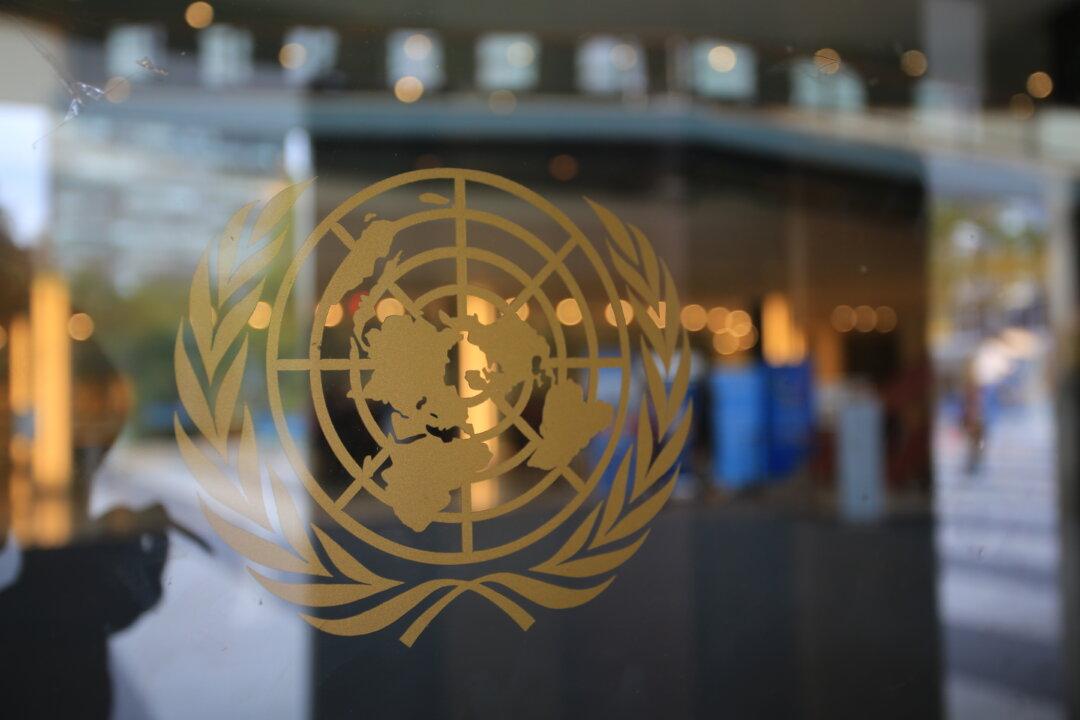Another top United Nations (UN) official will join the international chorus telling Australia it must rapidly phase out coal or else it could suffer devastating climate change consequences.
The messages follow the release of the sixth assessment report by the UN’s Intergovernmental Panel on Climate Change, which concluded that it was “unequivocal that human influence has warmed the atmosphere, ocean and land.”





